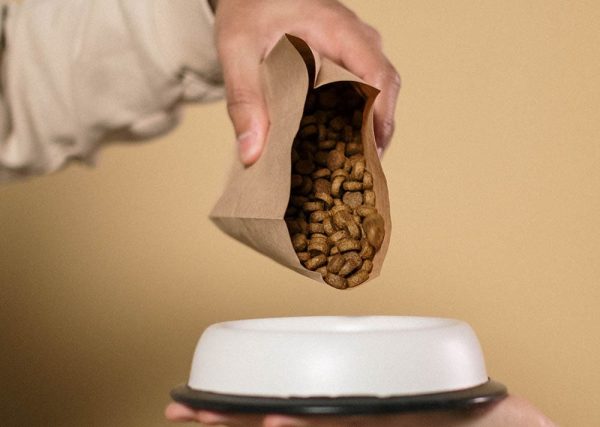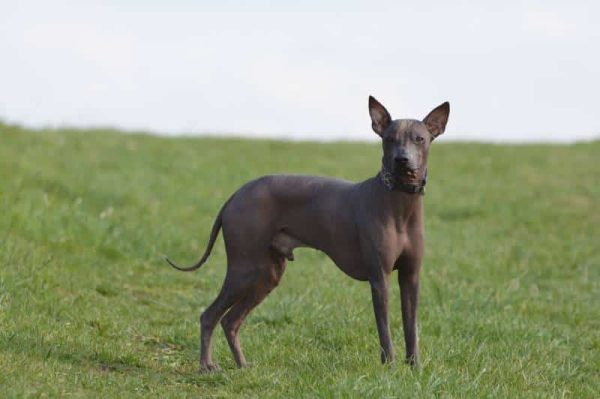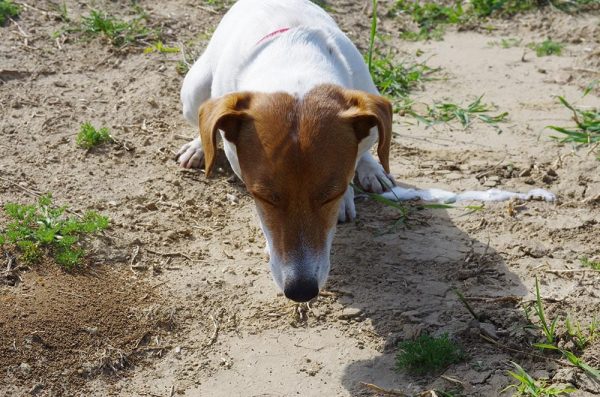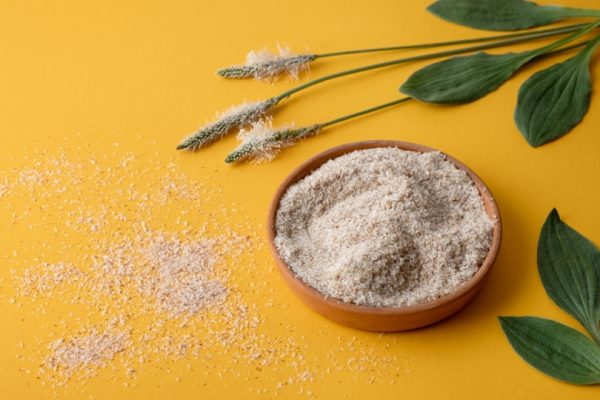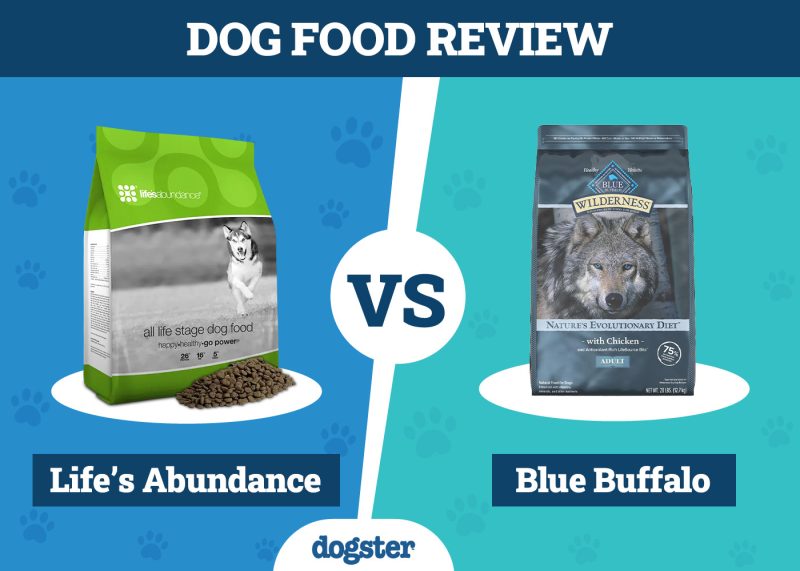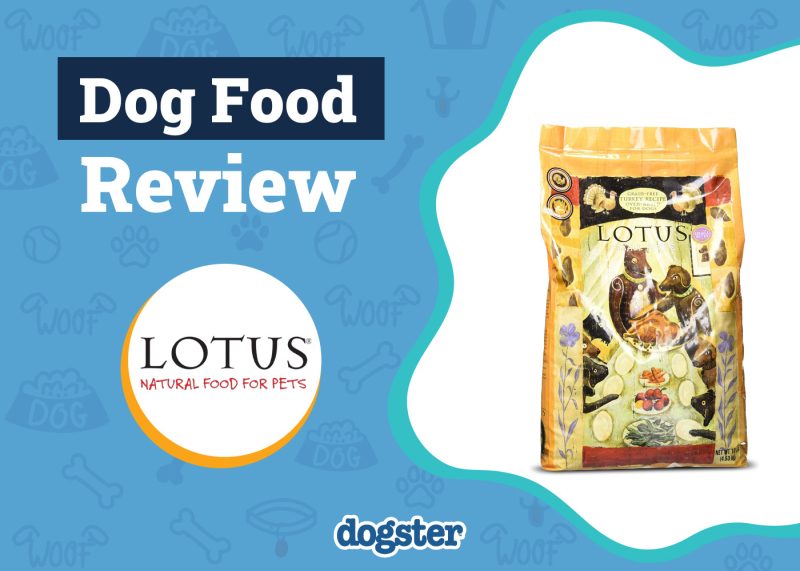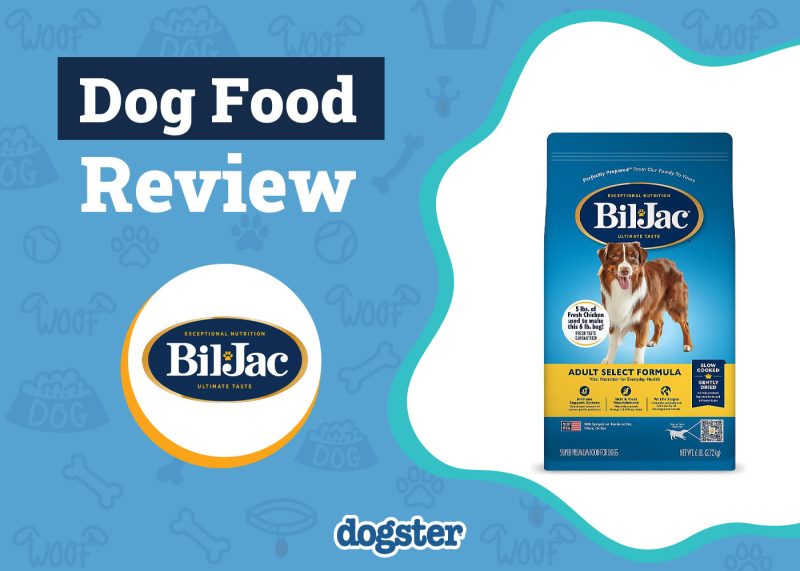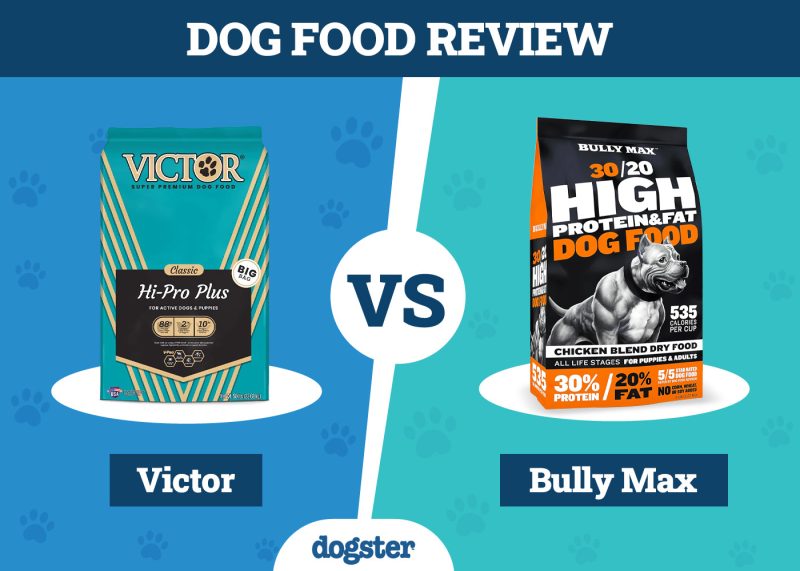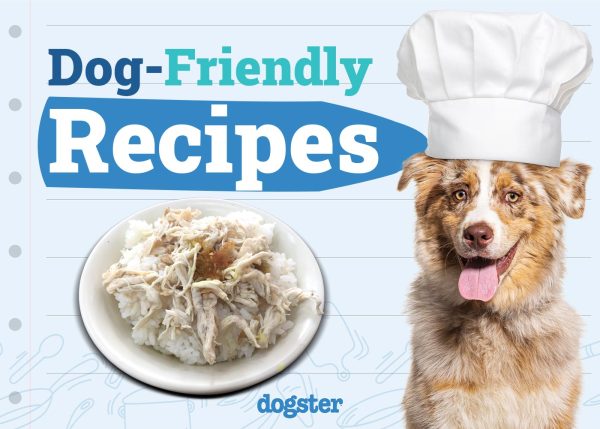If you pay attention to dog food labels, you might know that salmon is a common protein source, especially in limited-ingredient diets. Knowing this, you can assume that salmon is safe for dogs to eat, but what about the skin of the fish? Yes, dogs can safely eat salmon skin if it’s prepared properly and contains no toxic ingredients.
Keep reading to learn about the health benefits of salmon skin for your dog and the answers to frequently asked questions regarding dogs eating salmon.

Salmon Skin: A Healthy Treat for Your Dog
Salmon contains multiple beneficial nutrients for your dog, especially protein and omega-3 fatty acids. Salmon skin is safe for your dog to eat and contains high amounts of fatty acids. Omega-3 fatty acids help support skin, coat, and joint health in dogs.
Many humans don’t like to eat the skin of their fish, so feeding salmon skin to your dog is an excellent way to reduce waste. The only catch is that many recipes for cooking salmon have toxic or unhealthy ingredients. If you plan to feed salmon skin to your dog, avoid using ingredients like oil, butter, garlic, or onion, including the powdered versions.
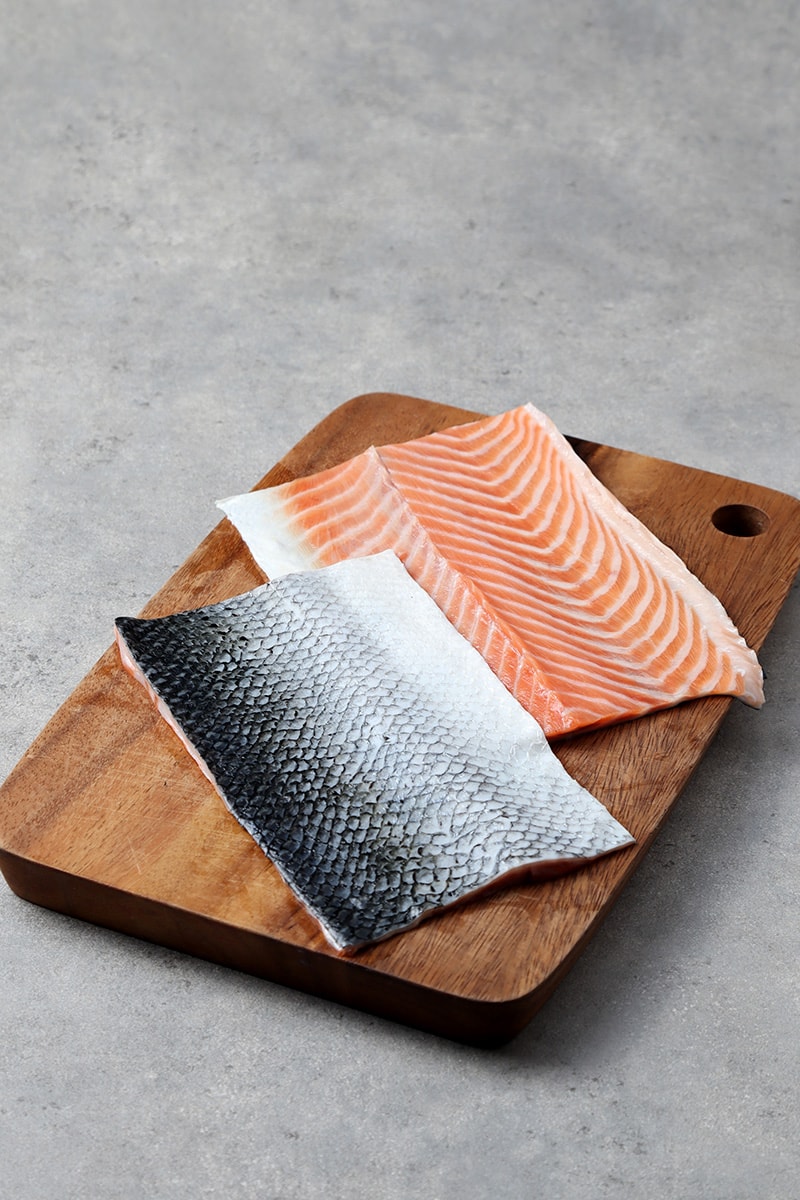

Frequently Asked Question (FAQ)
Can Dogs Eat Raw Salmon Skin?
Dogs should never eat raw fish of any type, including the skin. Raw fish can contain bacteria like E. coli or salmonella, which could make your dog sick. Dogs can also harbor the bacteria in their intestines and pass them to vulnerable humans, such as kids or immune-compromised individuals.
Further, raw salmon may contain a parasite that causes serious illness. Salmon poisoning disease causes signs like vomiting, diarrhea, and fever. The condition requires veterinary treatment and can be fatal.
If you need to speak with a vet but can't get to one, head over to PangoVet. It's our online service where you can talk to a vet online and get the advice you need for your pet — all at an affordable price!
Does Salmon Skin Contain Mercury?
The American Food and Drug Administration classifies salmon as a low-mercury fish. However, salmon skin can absorb other toxins from dirty water as the fish swims. Wild-caught salmon is generally safer than farmed, but pollutants and other chemicals can still be an issue.
How Much Salmon Skin Can Your Dog Eat?
Although it does provide health benefits, salmon skin should be offered in limited amounts. As a rule, treats of any kind should make up about 10% of your dog’s daily calories. Recommended calories are calculated based on your dog’s age, size, and activity level.
Smaller dogs should be offered less salmon skin than larger pups because they need to eat less overall. Most of your dog’s calories should come from a nutritionally balanced diet. You should serve salmon skin as a food topper or treat only.
Can All Dogs Eat Salmon Skin?
If your dog has chronic medical conditions or is on a special diet, they may be unable to eat salmon skin. Salmon is frequently used as a protein in limited-ingredient diets, but that doesn’t mean it’s impossible for your dog to develop an allergy to it. Dogs sensitive to fatty foods or on a weight loss program may also need to avoid salmon skin.
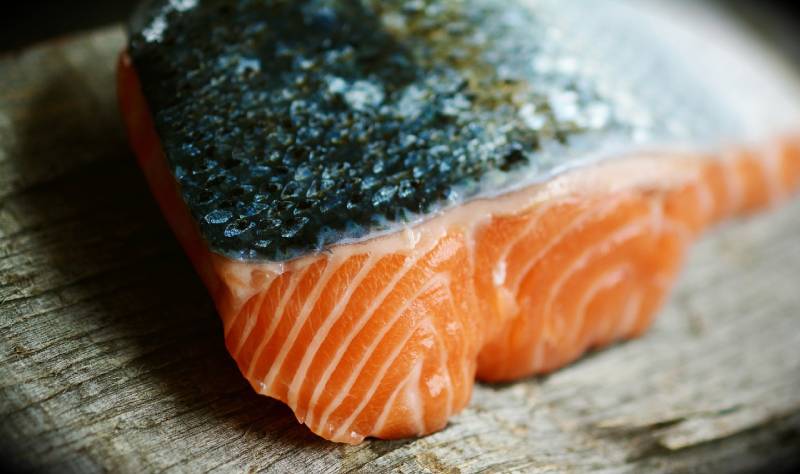

In Conclusion
Most dogs can safely eat salmon skin in limited quantities. Ensure the salmon skin is cooked thoroughly and free from unhealthy or toxic ingredients. Before introducing any new food, especially those intended for humans, check with your veterinarian to be sure it’s okay. Even safe foods like salmon skin can cause digestive issues if your dog has never eaten it, so start with a small portion to give their stomach time to adjust.
Featured Photo Credit: Viktor1, Shutterstock



